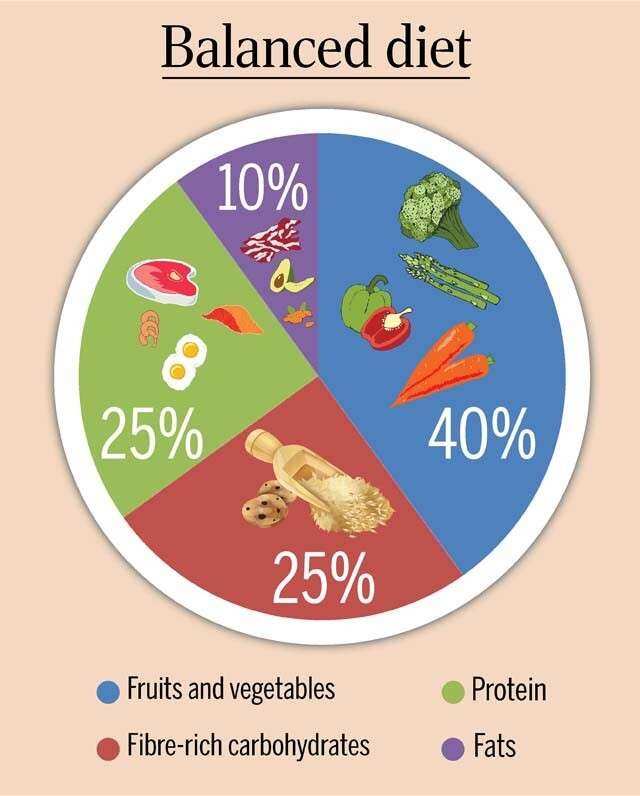Join Local Healthy Cooking Classes for Nutritious Meals
Exploring the World of Healthy Eating Cooking Classes Near Me
Embarking on a Journey to Wellness
In today’s fast-paced world, prioritizing health and wellness has become more important than ever. With an increasing awareness of the impact of diet on overall well-being, many individuals are seeking opportunities to improve their eating habits and culinary skills. Fortunately, the rise of healthy eating cooking classes provides a convenient and accessible avenue for individuals to embark on a journey to wellness.
Uncovering the Benefits of Healthy Cooking Classes
Healthy cooking classes offer a plethora of benefits beyond just learning how to prepare nutritious meals. These classes provide participants with valuable knowledge about nutrition, portion control, ingredient selection, and cooking techniques. By gaining a deeper understanding of these fundamental principles, individuals are empowered to make informed choices that promote better health and vitality.
Creating a Community of Health-Conscious Individuals
One of the most significant advantages of attending healthy cooking classes is the sense of community and camaraderie that they foster. Participants come together with a shared goal of improving their health and lifestyles, creating a supportive environment where they can exchange ideas, share experiences, and motivate each other along their journey. This sense of community not only enhances the learning experience but also provides invaluable emotional support and encouragement.
Exploring Culinary Creativity
Healthy cooking classes offer a platform for individuals to unleash their culinary creativity and experiment with new ingredients and flavors. From plant-based dishes to gluten-free alternatives, these classes introduce participants to a diverse array of recipes and cooking styles that cater to various dietary preferences and restrictions. By exploring different cuisines and techniques, individuals can expand their culinary repertoire and discover delicious, nutritious meals that they can enjoy for years to come.
Empowering Individuals to Take Charge of Their Health
Perhaps the most significant impact of healthy cooking classes is the empowerment they provide to individuals to take charge of their health and well-being. Armed with the knowledge and skills acquired from these classes, participants are better equipped to make healthier choices in their daily lives, both in and out of the kitchen. Whether it’s swapping out processed foods for whole, nutrient-rich ingredients or incorporating more fruits and vegetables into their meals, individuals can make tangible changes that have a positive impact on their health.
Fostering Lifelong Habits of Wellness
Healthy cooking classes are not just about learning recipes; they are about instilling lifelong habits of wellness. By immersing themselves in an environment that promotes healthy eating and mindful cooking, participants develop habits that extend far beyond the duration of the class. These habits become ingrained in their daily routines, leading to long-term improvements in health, vitality, and overall quality of life.
Navigating the Landscape of Healthy Eating
In a world inundated with conflicting dietary advice and fad diets, healthy cooking classes serve as a beacon of clarity, providing evidence-based guidance on how to eat well for optimal health. Participants learn to navigate the complex landscape of nutrition with confidence, distinguishing between
Achieving Balanced Nutritional Health

Unveiling the Path to Achieving Balanced Nutritional Health
Embarking on a journey towards balanced nutritional health is a transformative step towards overall well-being. In this exploration, we will delve into the principles, benefits, and practical tips for attaining a harmonious balance in your nutritional lifestyle.
Understanding Balanced Nutritional Health
Balanced nutritional health involves the consumption of a variety of foods in the right proportions, ensuring your body receives the necessary nutrients for optimal function. It’s not about deprivation but rather about creating a sustainable and nourishing relationship with the food you consume. Striking a balance among macronutrients, micronutrients, and other essential elements is key to supporting your body’s daily needs.
The Role of Macronutrients
Macronutrients, including carbohydrates, proteins, and fats, are the building blocks of a well-balanced diet. Carbohydrates provide energy, proteins support muscle function and repair, and fats contribute to various bodily functions. Achieving balanced nutritional health involves understanding your individual needs for each macronutrient and incorporating them into your meals in appropriate proportions.
Micronutrients: The Mighty Supporters
In addition to macronutrients, micronutrients such as vitamins and minerals play a crucial role in maintaining balanced nutritional health. Each vitamin and mineral serves a specific function, from supporting the immune system to promoting bone health. A diverse and colorful array of fruits, vegetables, and whole foods is essential to ensure you obtain an adequate range of micronutrients.
Balancing Act: Achieving Optimal Caloric Intake
Balanced nutritional health also involves managing caloric intake to achieve and maintain a healthy weight. Understanding your body’s energy needs and balancing it with physical activity is fundamental. This approach not only supports weight management but also promotes overall health and reduces the risk of chronic diseases.
Hydration: The Overlooked Hero
A crucial yet often overlooked aspect of balanced nutritional health is proper hydration. Water is essential for digestion, nutrient absorption, temperature regulation, and overall bodily function. Making water your beverage of choice and staying adequately hydrated throughout the day contributes significantly to balanced nutritional well-being.
Practical Tips for Balanced Nutritional Health
- Diverse and Colorful Plate: Aim for a variety of colorful fruits and vegetables on your plate. The different hues represent various nutrients that are beneficial for your health.
- Moderation is Key: Enjoy your favorite treats in moderation. Balanced nutritional health doesn’t mean avoiding indulgences entirely but rather consuming them in sensible amounts.
- Mindful Eating Practices: Pay attention to your body’s hunger and fullness cues. Mindful eating promotes a healthier relationship with food, preventing overeating and fostering a more intuitive approach to nutrition.
- Include Lean Proteins: Incorporate lean protein sources such as poultry, fish, beans, and tofu into your meals. Protein is crucial for muscle health and satiety.
- Whole Grains for Sustained Energy: Choose whole grains over refined grains for sustained energy. Options like brown rice, quinoa, and oats provide essential nutrients and fiber.
Discover the Path to Balanced Nutritional Health
For those seeking guidance and a delightful journey towards balanced nutritional health, consider exploring the resources and options available at

